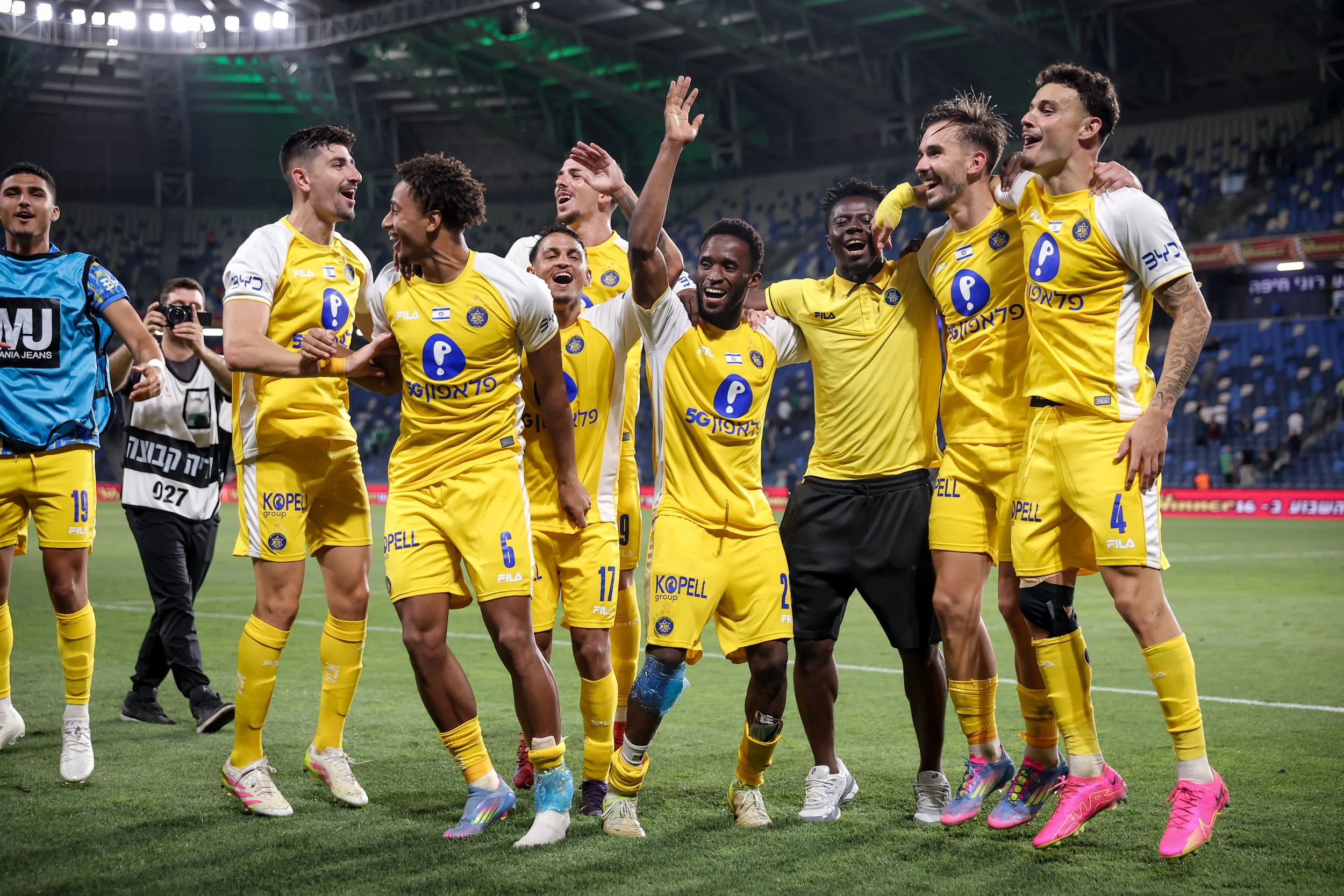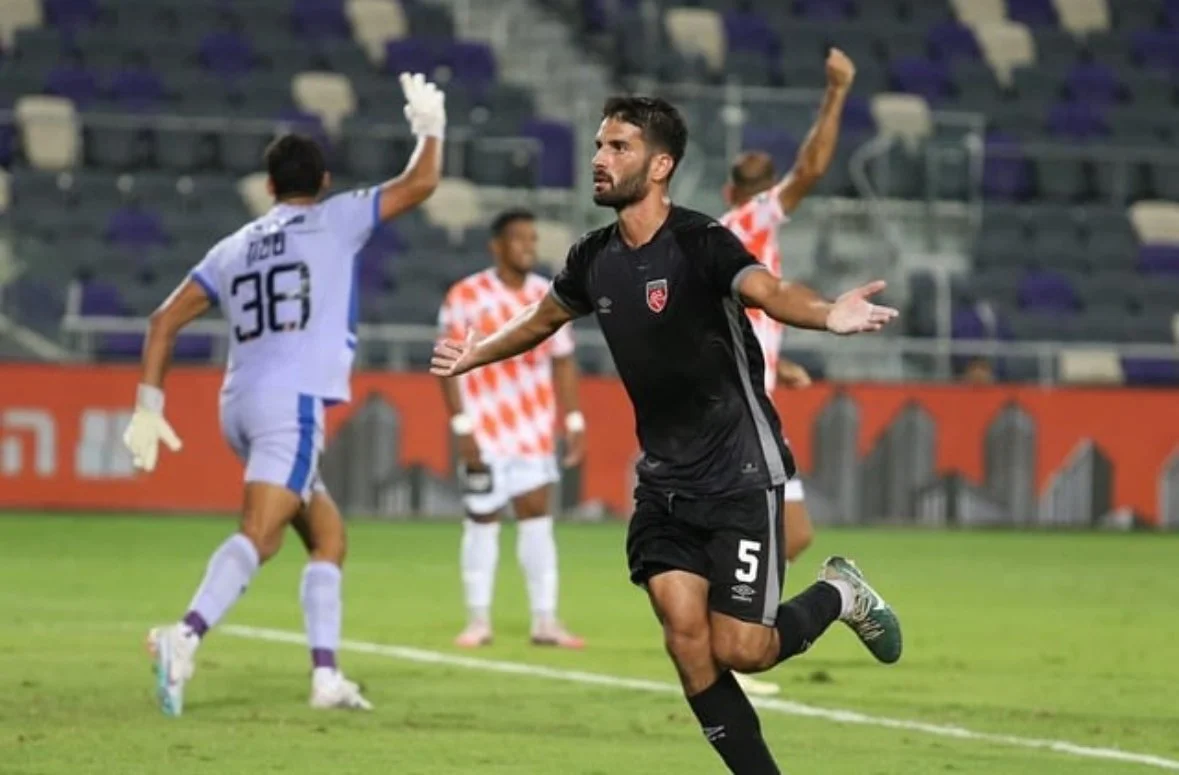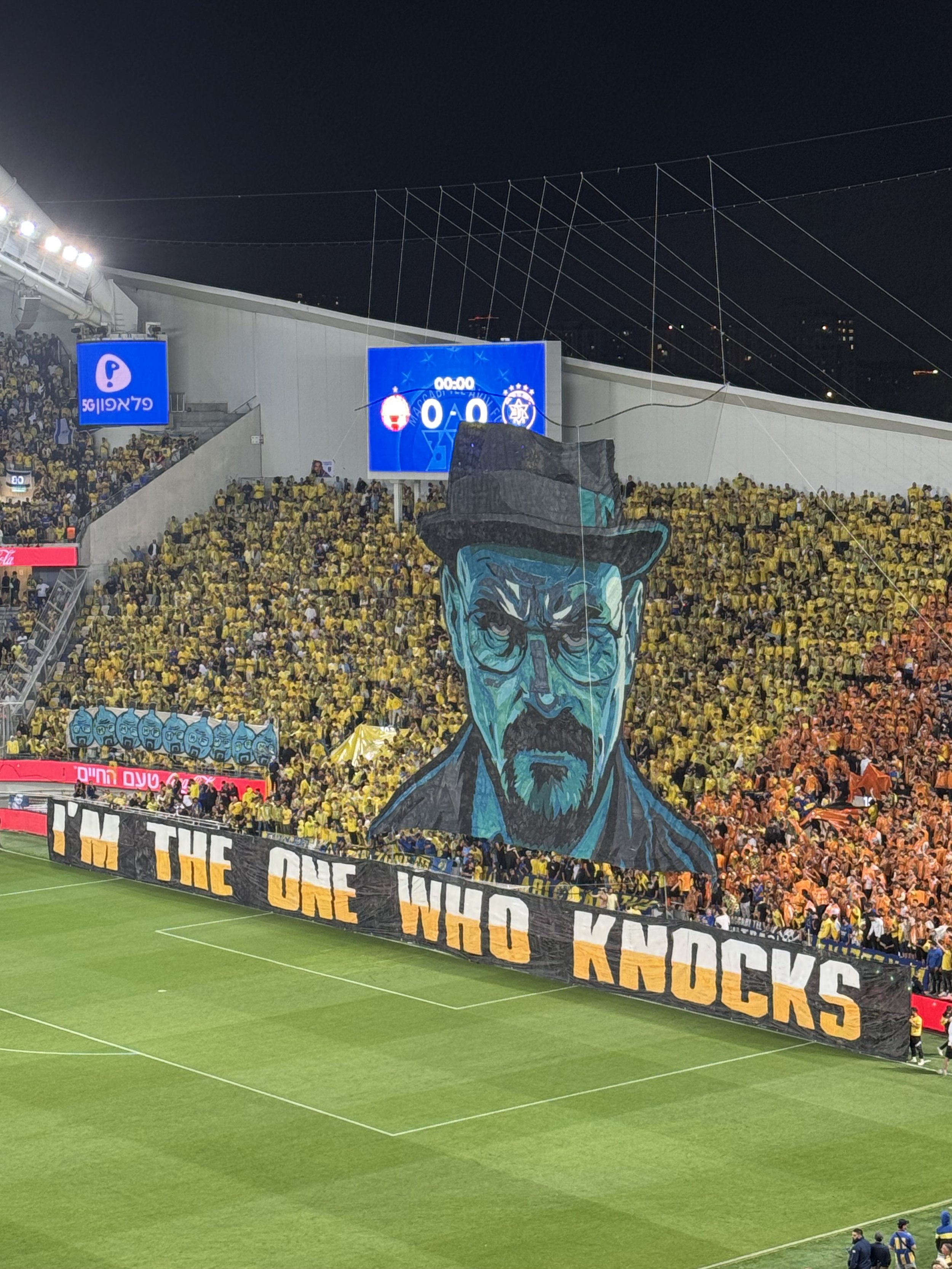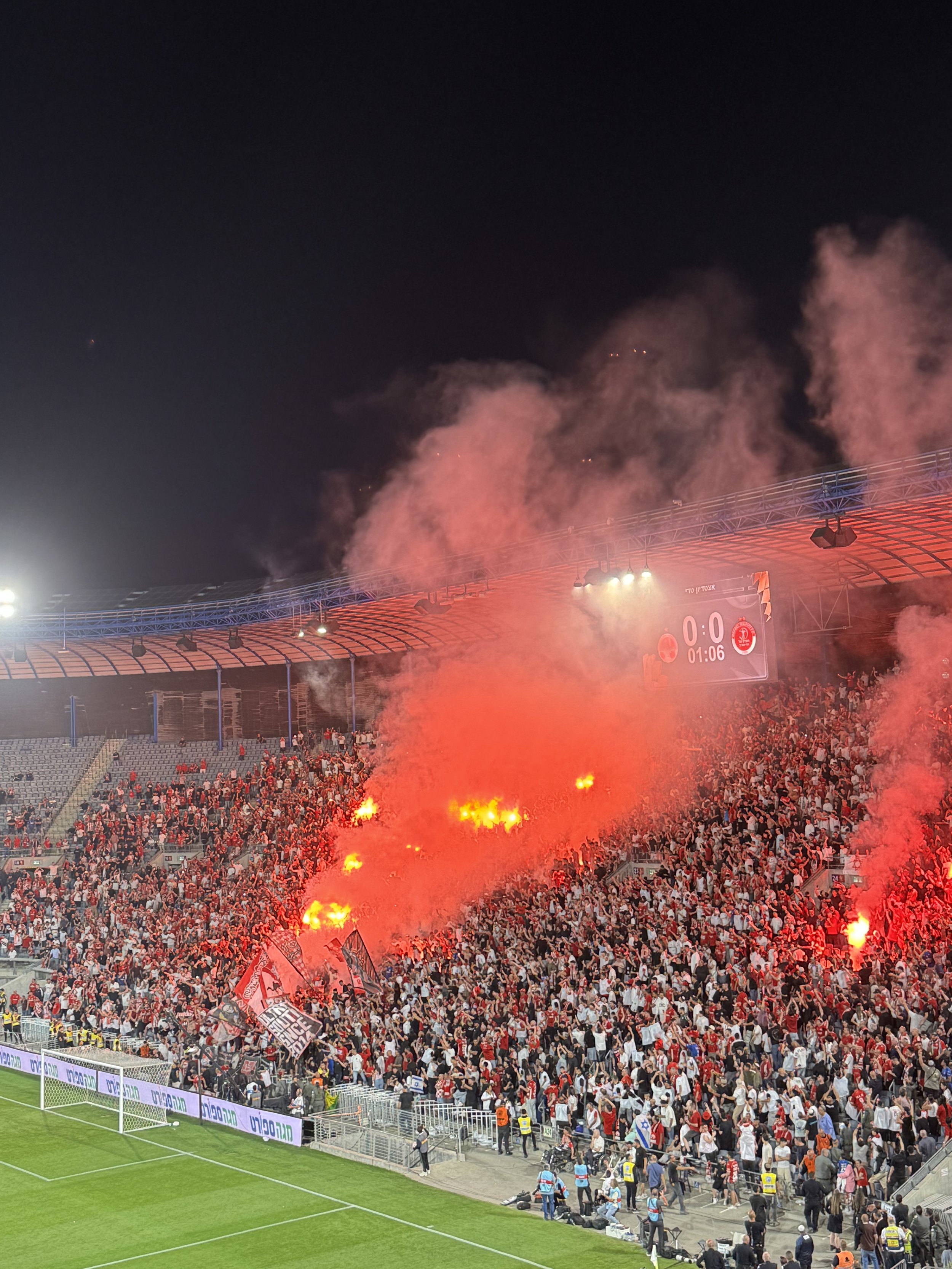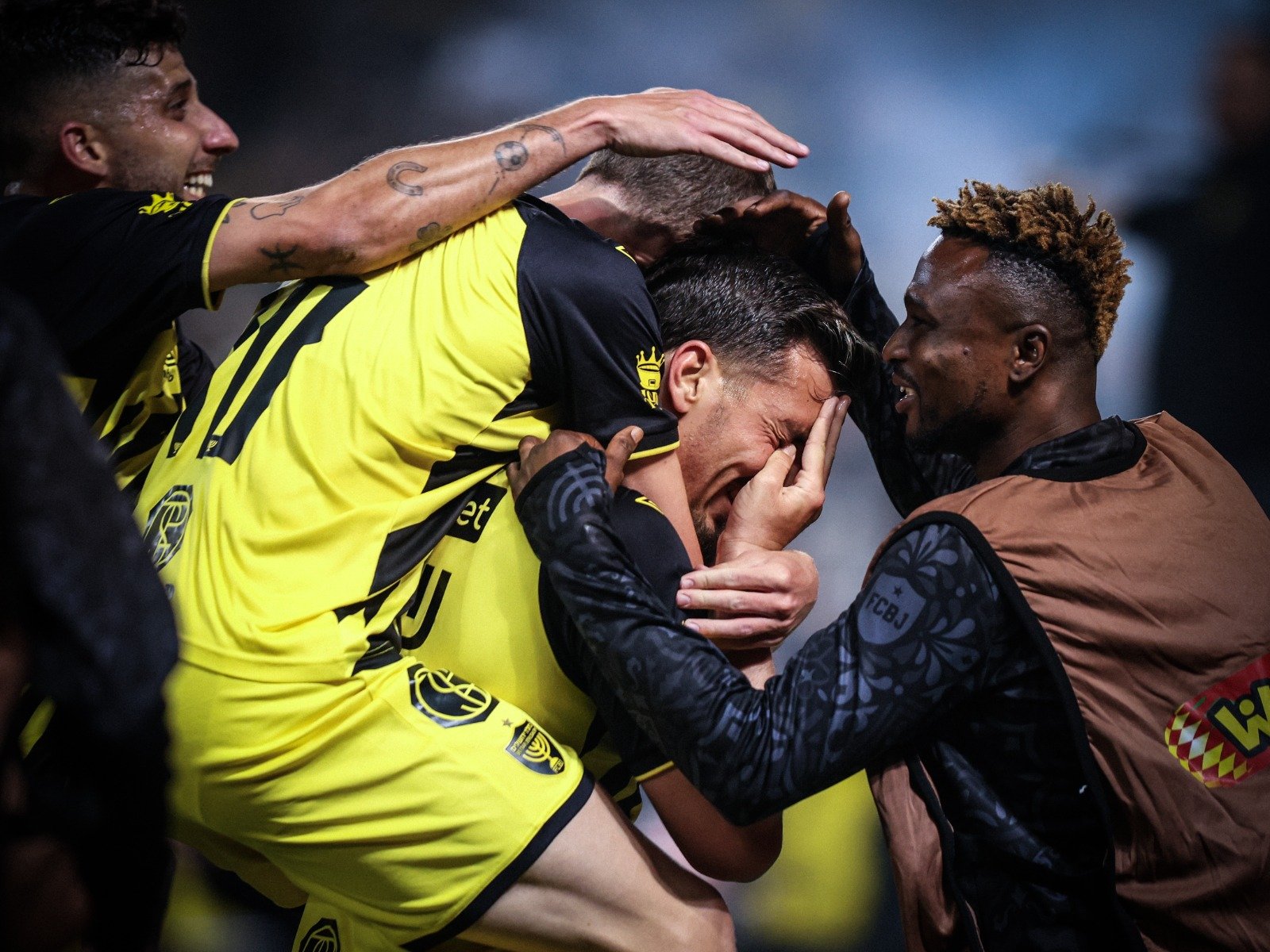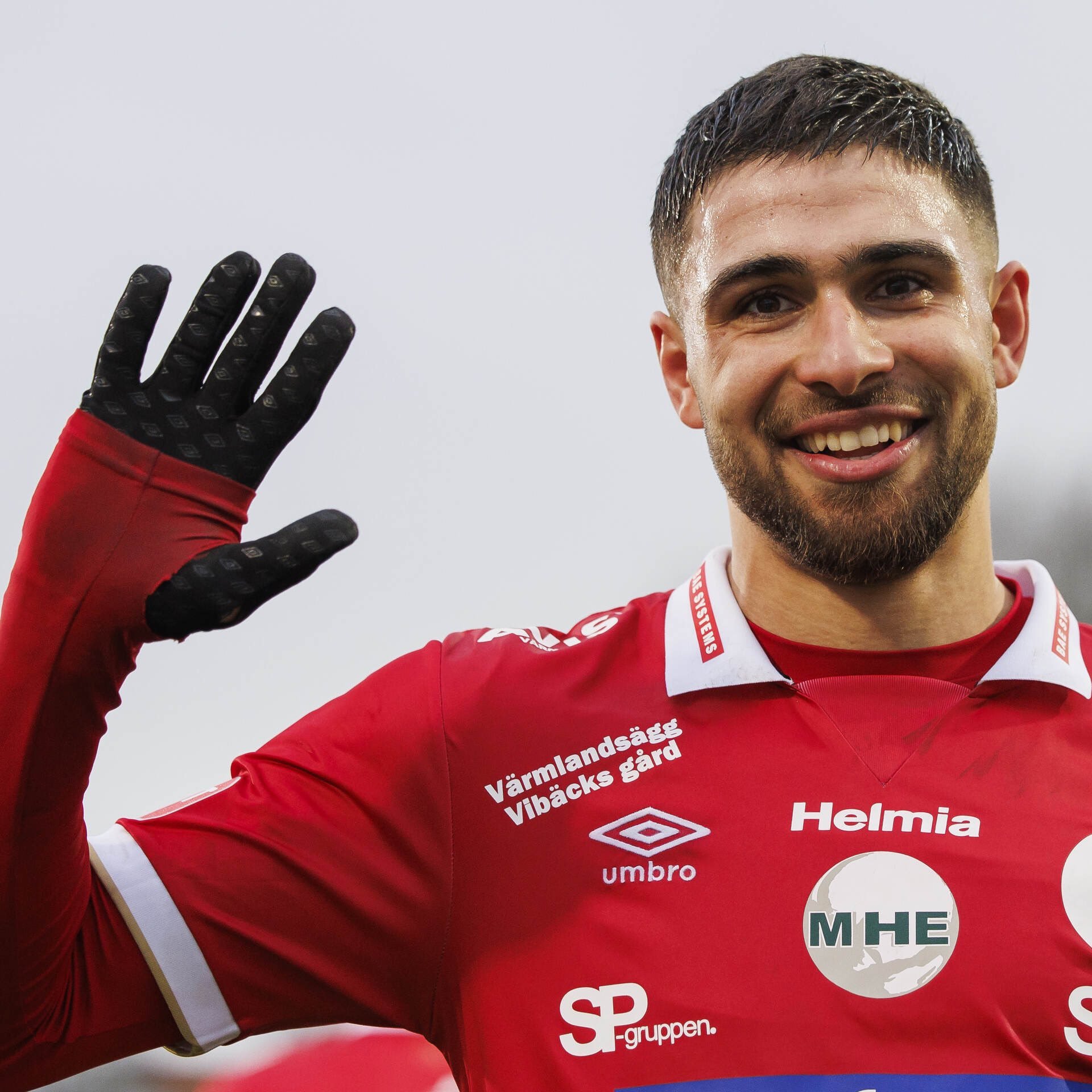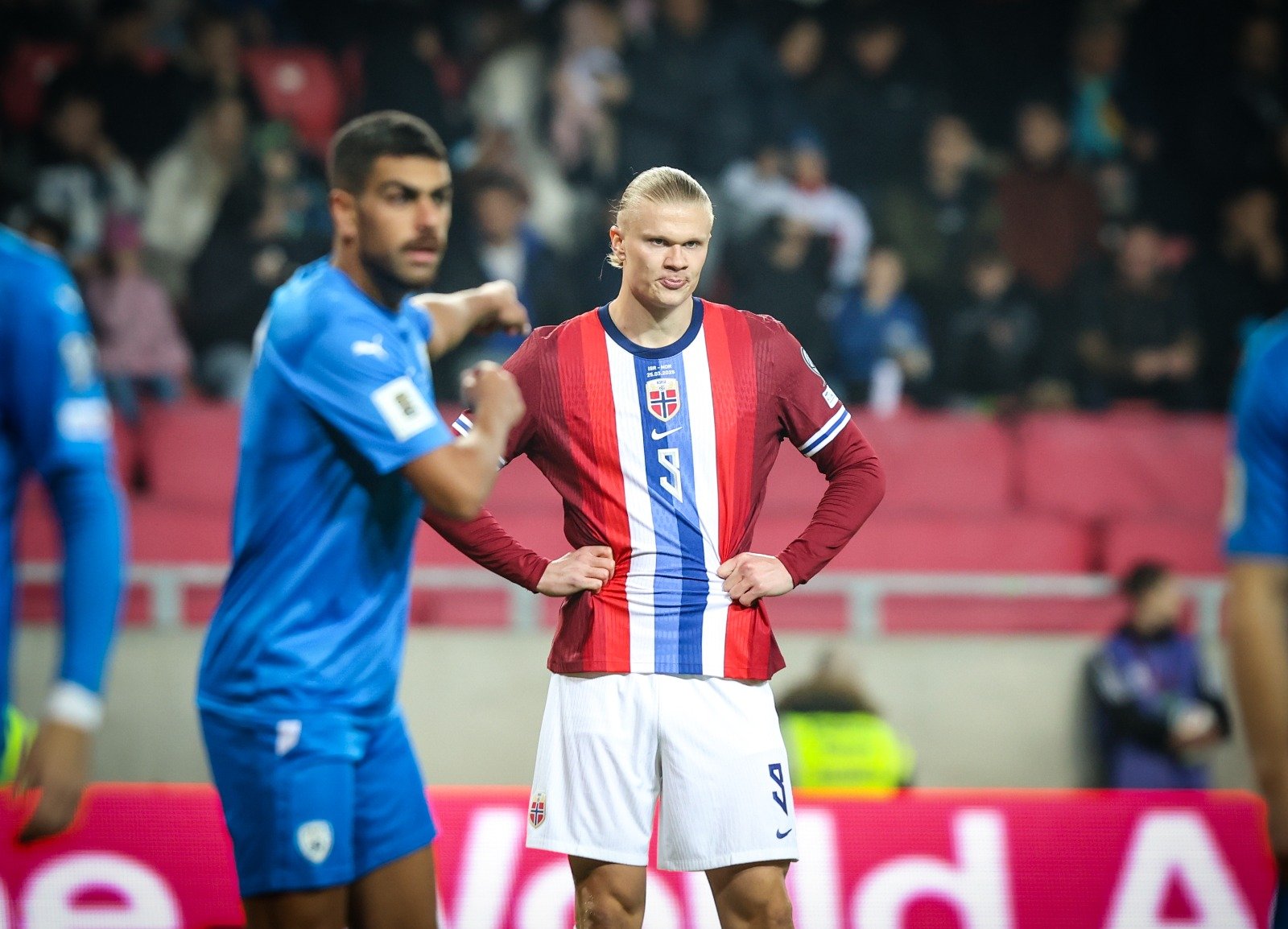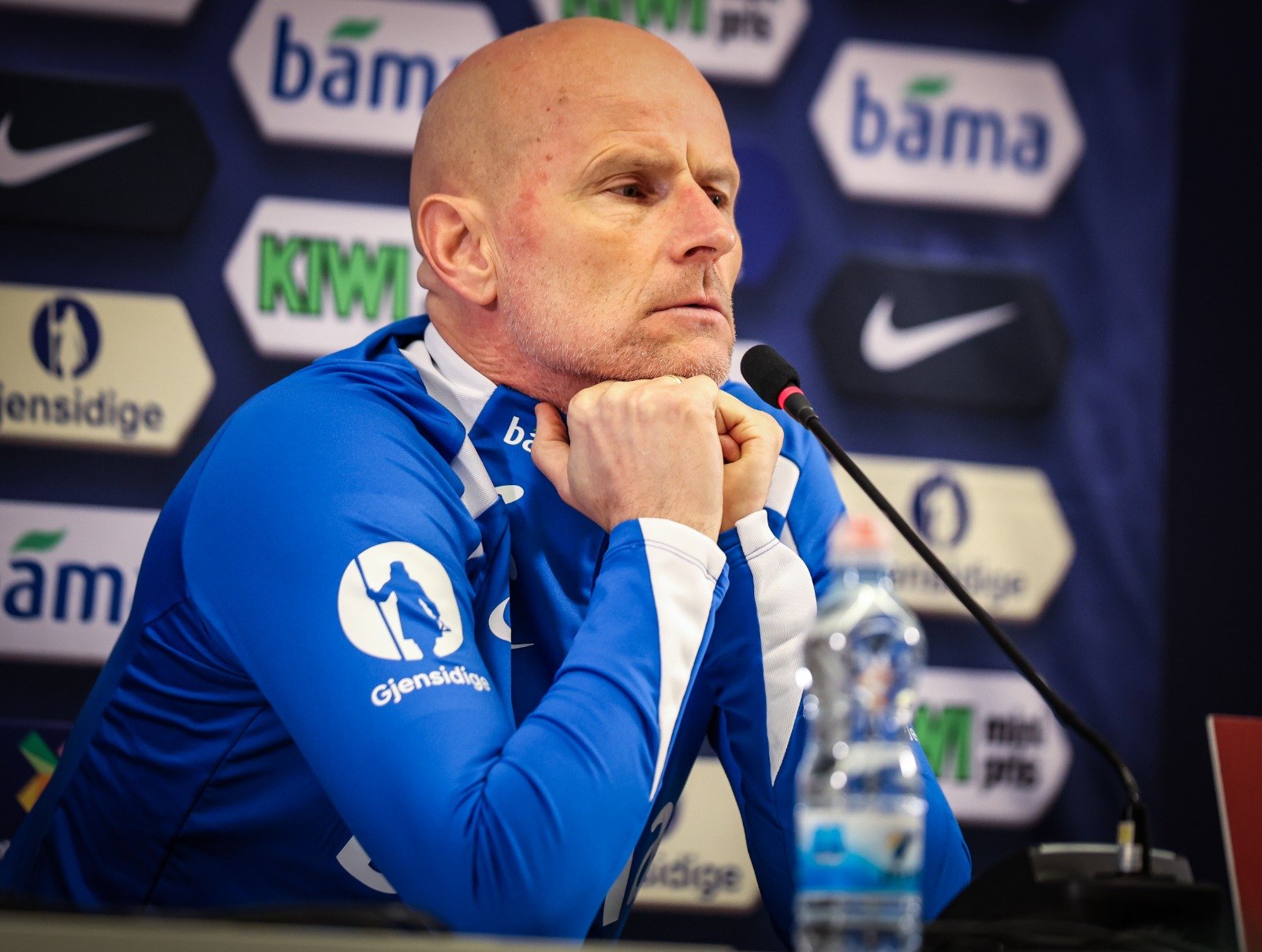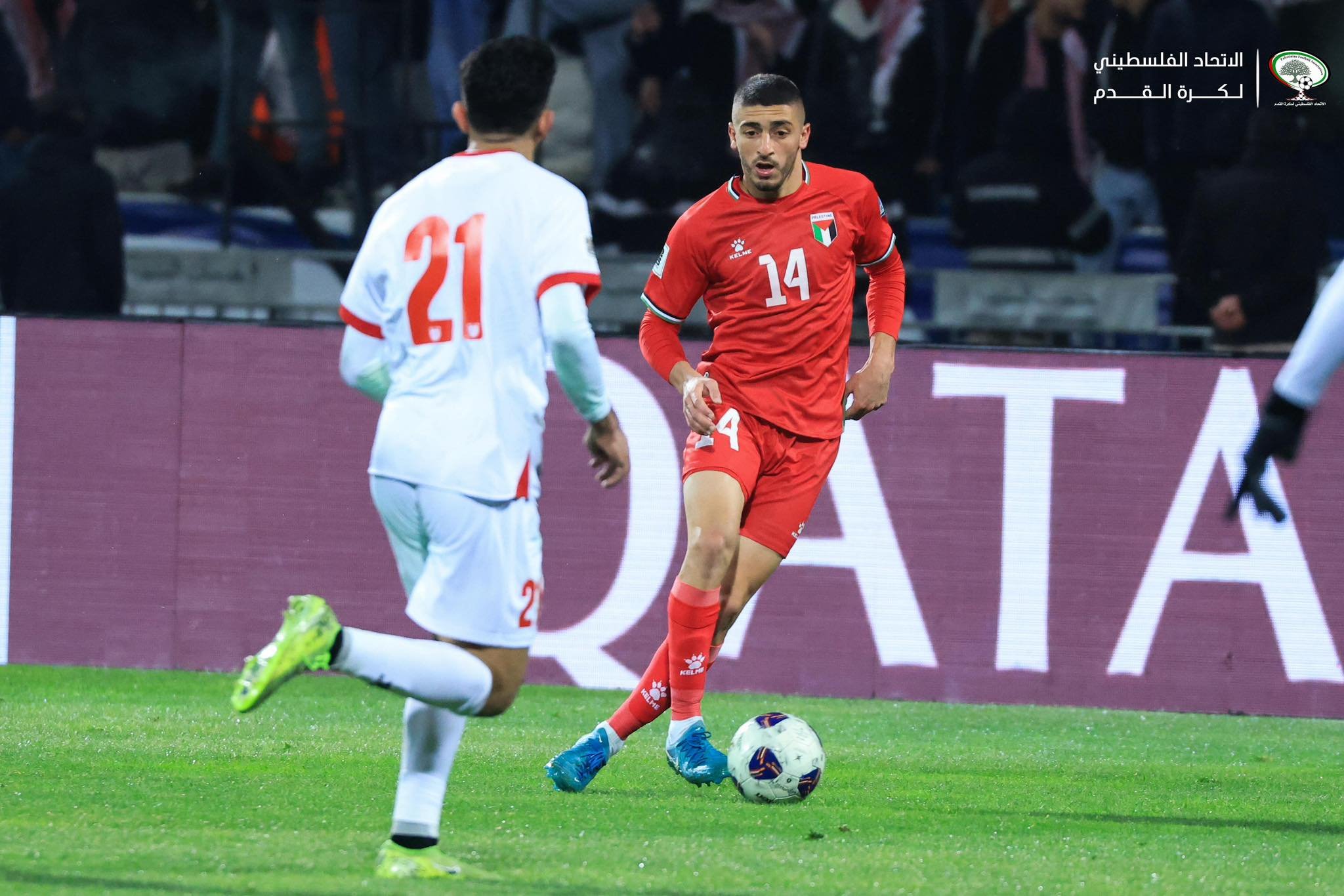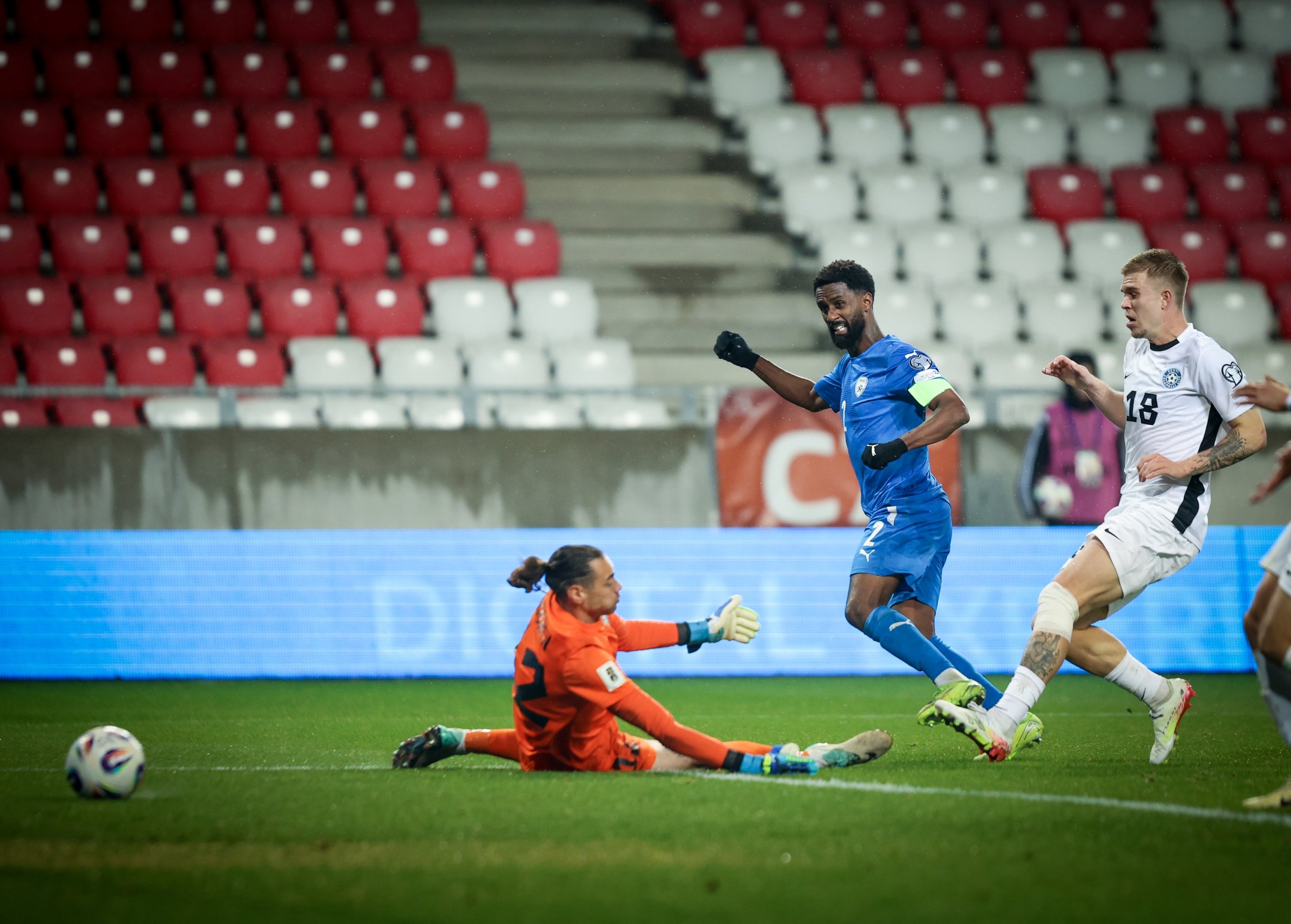Last week was an eventful one for Israeli football, with the focus on Belgium.
It began when Lior Refaelov, the 34-year-old player of Antwerp, won the Belgian Golden Show award. A few days later, the next generation of Israeli players in Belgium started to arrive. The first was Yonas Malede, a 21-year-old striker bought by Gent from Maccabi Netanya for a €1,500,000 transfer fee.
These two players are part of a long-term relationship between these two football countries.
From darkness to light
Back in the 80s', Israel was isolated from international football. After being suspended from the AFC, Israel occasionally played in the Oceanian qualifiers for the World Cup and the Olympics. Israeli players barely managed to leave their home nation, but something happened in this decade. Israeli players have found a new home in Belgian football.
Eli Ohana made the most remarkable transfer. He left Beitar Jerusalem after winning the domestic championship in 1987 and signed for Mechelen. Ohana was part of the club's best period, including winning the UEFA Cup Winners' Cup in 1988 and the Belgian championship in 1989. His performances made him win the Bravo Award in 1988.
Another top gun to play in Belgium was Ronny Rosenthal that played for both Club Brugge and Standard Liège. He also won the league, doing it with Club Brugge in 1988. In the same season, Rosenthal and Club Brugge reached the UEFA Cup semi-finals. After these years, Rosenthal moved to Liverpool and began a decade of playing in England.
More Israelis tried their luck in Belgium but failed to impress. The number of players was declining during the 90s'. Shalom Tikva's short spell for Standard Liège in 1996 was the last time that an Israeli player was part of the Belgian league.
The Happy 2000s
In 2007, something changed again. Elyaniv Barda signed for Genk and became the pioneer of a new era for Israeli footballers in Belgium. For five years, Barda played in Belgium, led Genk to win the championship in 2011, and reached the Champions League group stage. He was one of Genk's leading players, ranked 6th in the all-time most capped players ranking. His dominance made him be selected as one of Kevin de Bruyne's tutors when he joined the first team.
Barda was the first to make Belgian clubs to become interested again in Israelis. 33 Israeli players have been moved to Belgium since 2007. Lior Refaelov was one of those who made a significant success, mainly for Club Brugge, with two championships and two cups. Another Israeli that was part of major achievements was Rami Gershon, who was part of Gent's first championship in 2015, alongside the Israeli-born player Kenny Saief, who is currently representing the United States.
While some had decent success, most of the Israeli players failed and returned home quickly. A name that is always mentioned in the Israeli-Belgian deals is Dudu Dahan. He is a former footballer that is currently considered to be one of the leading Israeli agents. Most of his transfers were made for the same clubs, such as Gent, Standard Liège, and Charleroi, mostly due to his strong connections with these team's owners and chairmen. His relations with Roland Duchâtelet, the former Standard Liège owner, made him even to appoint an Israeli manager, Guy Luzon.
The long record of Israeli failures in Belgium can make some critics put Malede's move to Gent in doubt. Two of Dahan's recent transfers are always being recalled as extreme failures. The first was in 2017 when Ben Reichert signed for Zulte Waregem. He didn't play a single match before he was loaned to Israel in January and once again later in the summer. The other one was Or Inbrum, which was also signed by Gent in 2017. It took only two months before he started a sequence of loans without playing in Belgium.
There is always the feeling that every Israeli player that signs in Belgium are similar to others. The short spells, the challenge of playing at a higher level, and the opportunity to return back home. All those can make every player make his next step away from Belgium.
Yonas Malede is maybe a bit different from the other players that left. At the age of 21, Malede got chances to play for the first team of Maccabi Netanya for three years. It's part of the club's agenda, led by the owner, Eyal Segal, to use as many home-grown players as possible. Many managers and owners in Israel prefer to use experienced players instead of giving younger players time to shine. It makes Israeli pundits use the term "kids" to describe players even at 23 due to their lack of experience. Malede made 73 league caps, an unusual phenomenon compared to other players in the league.
Could Malede's future be something else? Would he play abroad for more than one season?
"It was always my goal to play in Europe," said Malede in an interview after his signing, "I want to show what I'm worth and to make progress as much as I can." Maybe his hard-working personality, something that is part of his career, from the youth teams of Maccabi Netanya to the senior squad, would make the impact that will take his career on another path. His will to do it may lead him to join the list of those who didn't give up on European success.
Thumbnail photo by Scoutpush.



